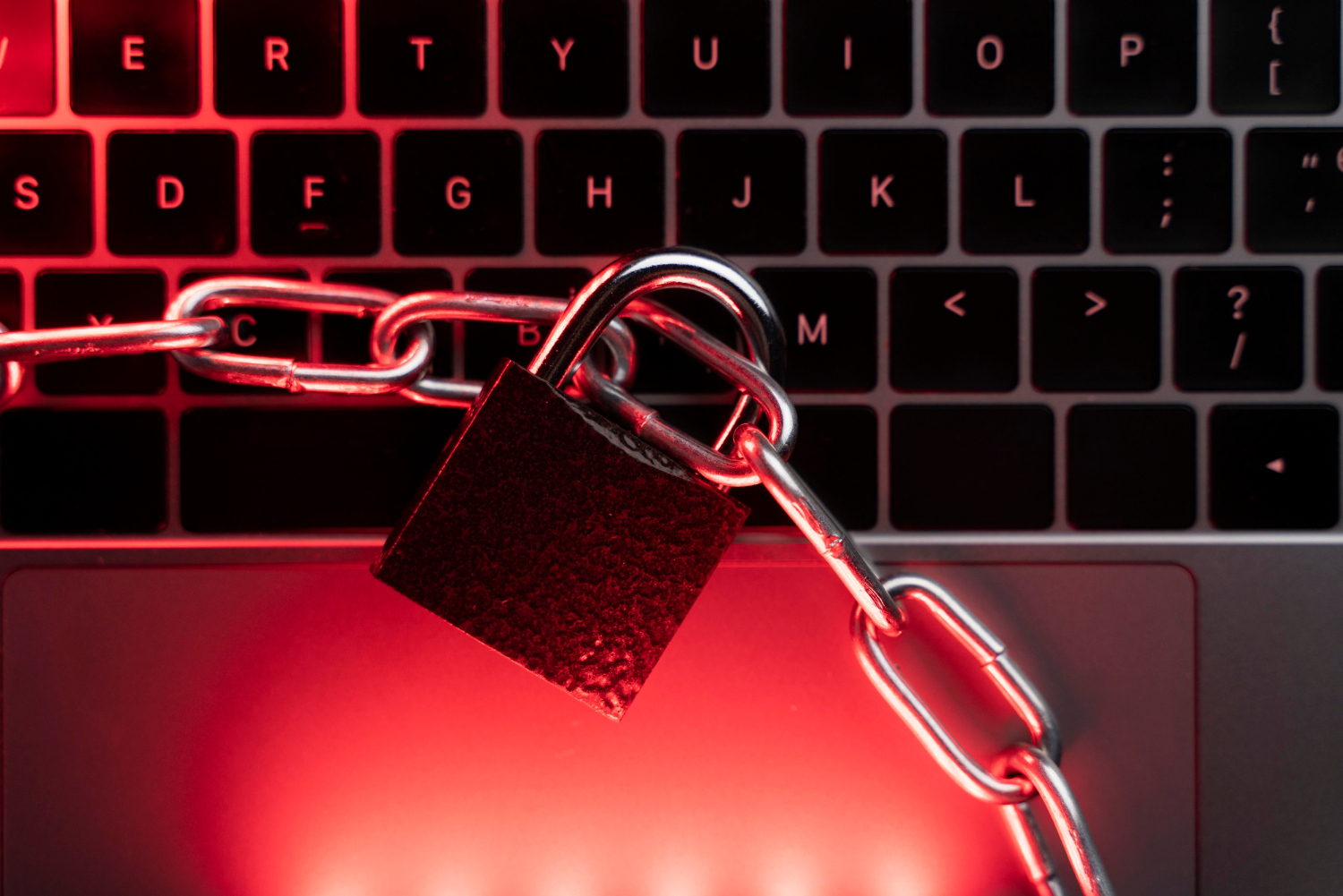In today’s connected world, privacy is no longer just a legal issue — it’s a personal responsibility. Every day, millions of Kenyans go online to use services like Facebook, Google, Twitter, WhatsApp, and Chrome, often unaware of how much personal data these platforms silently collect and exploit.
I believe it’s time we took back control. While strong laws like the Data Protection Act, 2019 exist in Kenya, enforcement is still weak, and global tech giants often operate with impunity. It’s therefore up to us — the users — to defend our digital rights.
Here’s a practical guide to help you protect your privacy online.
1. Be Aware of What You Share
Most platforms collect data through what you willingly give them:
- – Your name, email, and phone number
- – Your location and photos
- – Your browsing habits and messages
Tip: Never overshare. Think before you post personal details. Avoid sharing your location or sensitive information publicly, especially on social media.
2. Use Privacy Settings Effectively
Each platform has settings that allow you to limit what data is collected or shown.
- – On Facebook: Set your profile to “Friends Only”, turn off face recognition, and review which apps have access to your account.
- – On Google: Visit myactivity.google.com to control or delete your search history, YouTube views, and location data.
- – On WhatsApp: Disable auto-download for media, turn off last seen and read receipts, and use two-step verification.
- – On Twitter: Avoid geotagging tweets, and review which third-party apps are connected to your account.
- – In Chrome: Go to settings and disable sync if you’re not using your Google account consciously.
3. Use Alternative Platforms and Tools
If privacy matters to you, consider switching to platforms that respect user data:
- – Use DuckDuckGo or Brave instead of Google for private browsing.
- – Signal is a more secure alternative to WhatsApp or Messenger.
- – Firefox with privacy add-ons is safer than Chrome.
- – Consider ProtonMail instead of Gmail for secure email.
4. Use VPNs and Ad Blockers
A Virtual Private Network (VPN) masks your identity and location online. This prevents platforms and even ISPs from tracking you.
Ad blockers (like uBlock Origin) can stop data tracking ads and surveillance scripts that follow you across websites.
5. Be Wary of Permissions
When installing apps on your phone, many ask for unnecessary access.
Tip: Always review app permissions. Why should a calculator app access your contacts or microphone? Deny permissions that aren’t needed.
6. Regularly Clear Data
Every so often, clear:
- – Your browser history and cookies
- – Google activity logs
- – Unused apps with access to your data
This limits what these companies can learn from your patterns.
7. Educate Yourself and Others
Knowledge is your best defense. Follow updates from:
- – The Office of the Data Protection Commissioner (ODPC) in Kenya
- – Digital rights organizations like KICTANet or Article 19
- – Tech forums and local cybersecurity communities
8. Support Local and Open Initiatives
Support Kenyan startups and African tech solutions that prioritize user data safety. Advocate for stronger data protection laws and demand accountability from platforms operating in our country.
Final Thoughts
Your personal data is worth more than you think. It’s sold, analyzed, and used to manipulate your behavior, buying decisions, and even your political opinions.
Let’s stop being passive users. Instead, become informed digital citizens. Demand transparency, privacy by design, and better laws. Until the government catches up in enforcement, your privacy is in your hands.
Stay informed. Stay alert. Stay private.
If you want to learn how to secure your data or need help configuring your devices, reach out to a local IT professional or digital rights group. Together, we can build a safer internet for all Kenyans.




